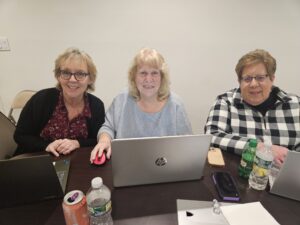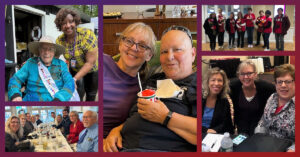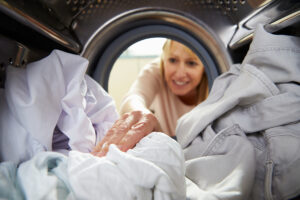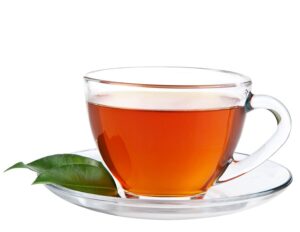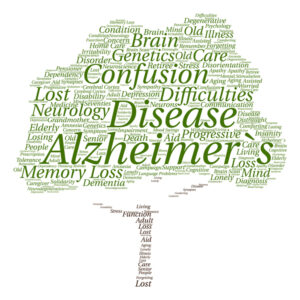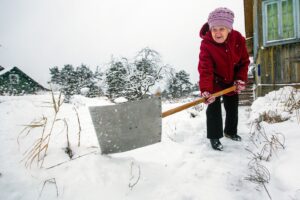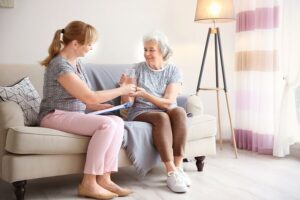Rainy Day Alzheimer’s Activities to Do with Your Loved One
Spring showers might bring May flowers, but they can also keep you and your loved one with Alzheimer’s disease stuck in the house all day and get a little stir-crazy. Keeping active is an important part of the daily care of your elderly loved one’s routine. Physical movement and cognitive challenges can benefit your loved one in many ways. An Alzheimer’s care provider can help your loved one play games, listen to music, or perform some exercises while staying inside and dry.
The Benefits of Movement for Those with Alzheimer’s Disease
Being active and engaging in both physical and mental activities helps just about anyone feel better but it’s especially important for those with Alzheimer’s Disease.
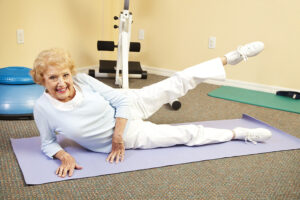
Alzheimer’s Care Essex County NJ – Rainy Day Alzheimer’s Activities to Do with Your Loved One
Some health benefits of regular activity can include:
- Keeps blood supplies moving throughout the body, helping the brain get the nutrients it needs for memory and cognitive function.
- Keeps the body strong and flexible, making it easier to perform daily activities like getting dressed, grooming, and eating.
- Improves sleeping habits by helping the body stay in its day/night routine and be physically tired when evening rolls around.
- Reduces negative thoughts and moods by providing confidence and increasing the self-esteem of your loved one.
Four Fun Ways to Stay Active When Stuck Inside
While staying active can mean doing typical movements that are considered exercise, like riding a stationary bike, doing yoga on a mat indoors, or lifting weights, staying active while indoors can also be participating in little activities throughout the day. These types of activities that promote movement and engagement can often be easier to promote to your loved one and have her willingly engage in them. She’ll be getting exercise without even realizing it.
Sweeping and Dusting. Both activities will promote movement around the home while being low-risk.
Cooking or Baking. Have someone help your loved one (like her Alzheimer’s care provider) bake up some treats on a dreary rainy day or participate in the steps needed to make lunch. She can measure out ingredients, set the table, and clean up afterward by putting dishes in the dishwasher or helping to wash and dry them at the sink. All involve some type of physical movement.
Sort out clothes in a closet. A rainy day is a great day to get a clothes closet back in order. You might ask your loved one to help you sort clothes by color or by type of garment. If she’s willing, have her be the one to physically find each item in the closet.
Dance the day away. A fun activity for just about anyone is putting on their favorite music and engaging in some silly dancing to get some physical movement into the day.
Alzheimer’s Care Providers Can Help with Rainy Day Activities
Since it can be difficult to keep your loved one occupied on a long, rainy day, having a scheduled visit from an Alzheimer’s care provider can be a great way to provide a bit of relief for you as well as provide some needed interaction and activity for your loved one. Before you know it, sunny days will be back in full swing, and you and your loved one will be able to get outside again and enjoy the fresh air and sunshine.
